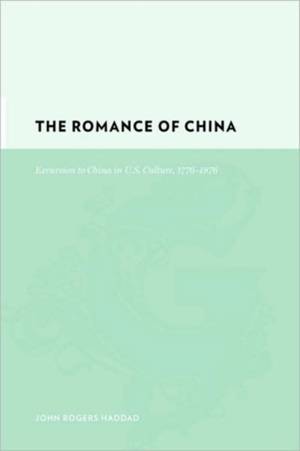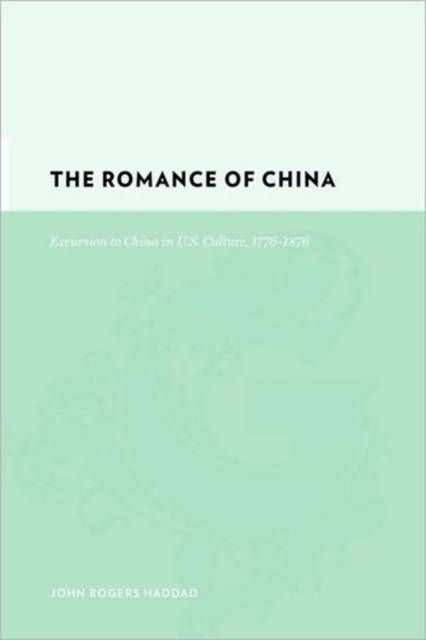
- Afhalen na 1 uur in een winkel met voorraad
- Gratis thuislevering in België vanaf € 30
- Ruim aanbod met 7 miljoen producten
- Afhalen na 1 uur in een winkel met voorraad
- Gratis thuislevering in België vanaf € 30
- Ruim aanbod met 7 miljoen producten
Zoeken
€ 135,95
+ 271 punten
Omschrijving
John Rogers Haddad's analytically rich and methodologically complex work attends to various appearances of Chinese culture in America throughout the nineteenth century. Through a close examination of museums, panoramic paintings, blue and white ceramics, tea advertisements, travelogues, missionary accounts, children's literature, and world fairs, Haddad counters the idea that imperialist domination and racial prejudice eclipsed cultural exchange between Asia and the West during this period.
Americans who journeyed to China tended to acquire a degree of respect and admiration for the complex civilization they encountered. Upon returning to the United States, they assembled displays, shows, books, and other cultural forms designed to share their knowledge with ordinary Americans. Haddad's research also reveals the surprising fact that the Chinese played a large but subtle role in shaping the representation of their culture in the United States. Far from being passive, the Chinese exerted substantial control over China's exported image. Haddad's fascinating study reveals how the Unites States, then the newest country in the world, first became acquainted with China, the oldest nation. With the ongoing rise and increased relevance of China on today's global stage, this volume provides invaluable insight into how these two nations might get to know each other again in the twenty-first century.Specificaties
Betrokkenen
- Auteur(s):
- Uitgeverij:
Inhoud
- Aantal bladzijden:
- 348
- Taal:
- Engels
- Reeks:
Eigenschappen
- Productcode (EAN):
- 9780231130943
- Verschijningsdatum:
- 11/12/2008
- Uitvoering:
- Hardcover
- Formaat:
- Genaaid
- Afmetingen:
- 152 mm x 229 mm
- Gewicht:
- 662 g

Alleen bij Standaard Boekhandel
+ 271 punten op je klantenkaart van Standaard Boekhandel
Beoordelingen
We publiceren alleen reviews die voldoen aan de voorwaarden voor reviews. Bekijk onze voorwaarden voor reviews.











